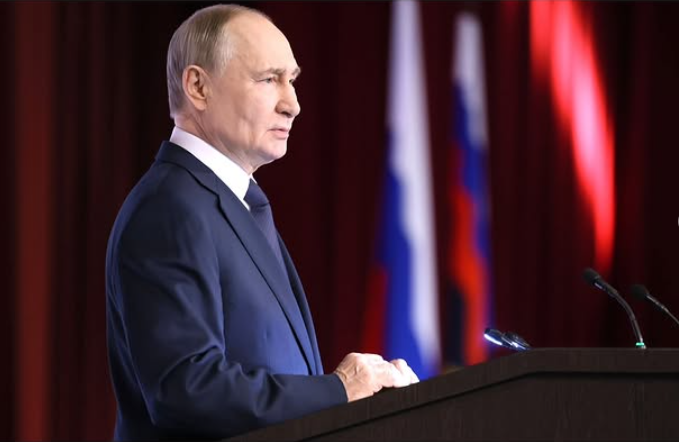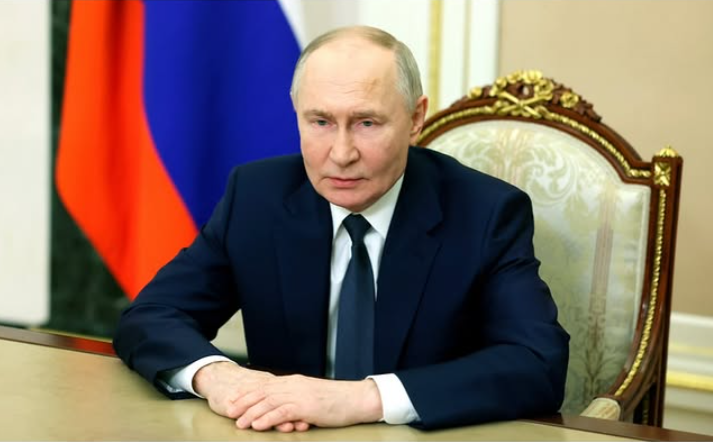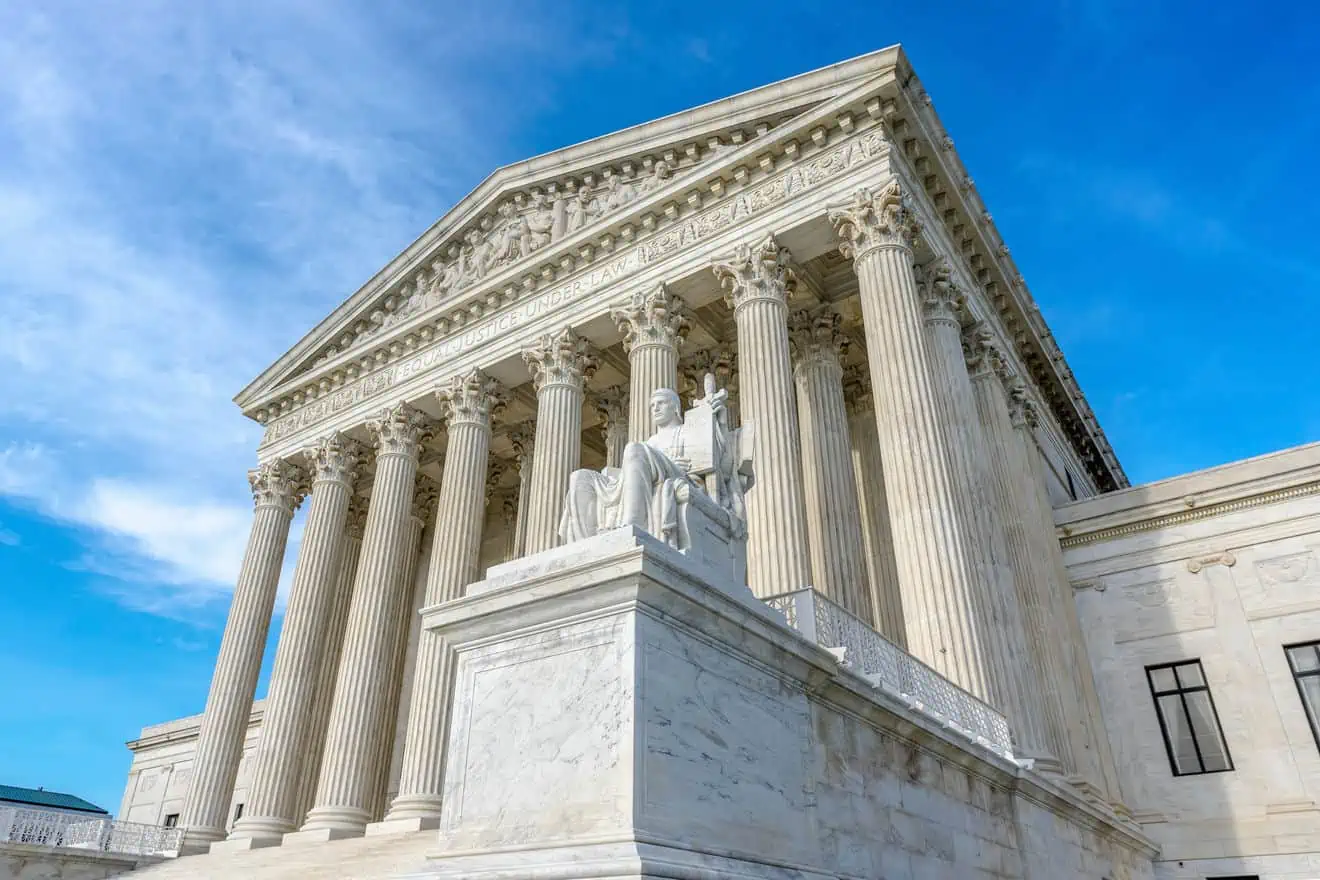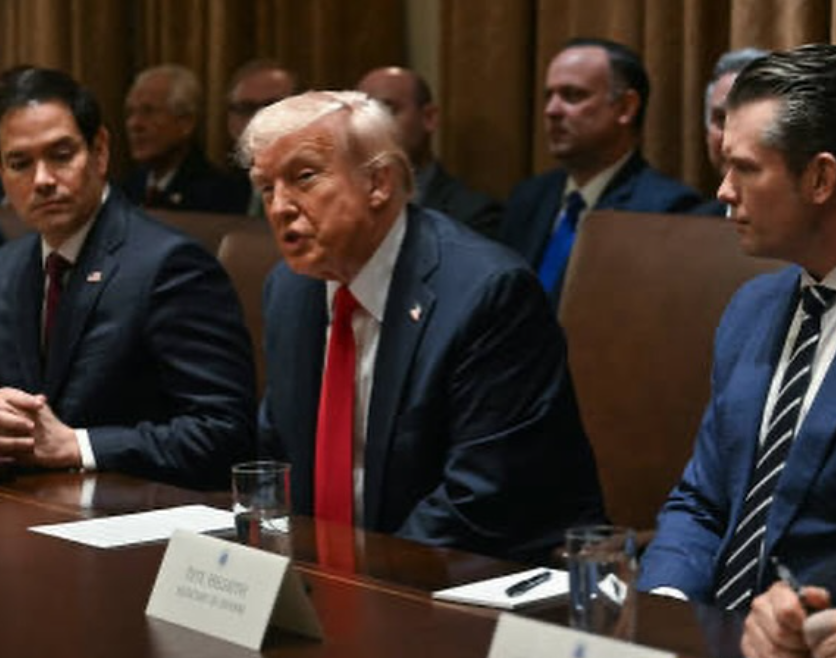[ad_1]
BRUSSELS (Reuters) – Prime Minister Theresa May is unlikely to offer new concessions to Brussels over the terms of Britain’s divorce from the European Union when she meets European Commission chief Jean-Claude Juncker over dinner on Monday, her spokesman indicated.
After deadlock in Brexit talks appeared to dash May’s hopes that a summit later this week could launch negotiations on future trade ties, the spokesman said May was hoping to move matters forward “in a constructive manner” on Monday night.
May had hoped to move the talks forward with a speech in Florence last month promising Britain would honour its EU commitments. But other EU governments insist they will open negotiations about Britain’s future trade relationship with the bloc only once May tells them if and how she plans to pay an exit bill they put at tens of billions of euros.
Asked if May would flesh out details of what Britain is prepared to offer in terms of a financial settlement, the spokesman said: “The PM set out her position in the Florence speech in relation to the settlement, and that’s where we are.”
May arrived for talks at the Commission’s Berlaymont headquarters shortly before 6:30 p.m. (1630 GMT). The dinner was also to be attended by the bloc’s Brexit negotiator Michel Barnier and his British counterpart, David Davis.
“It will either be a very expensive dinner, costing about 30 billion euros, or else — what is this?” one EU diplomat said.
After talks with Davis last week, Barnier said negotiations were deadlocked, notably over London’s refusal to detail what it was offering to pay Brussels.
As a result, Barnier told European Union leaders not to launch the talks on a future relationship that May has demanded. As time ticks down to withdrawal in March 2019, concern is rising across Europe that the process may collapse.
“This is about reflecting upon Florence and the constructive way it’s been received and that we want to continue to move forward in a constructive manner,” May’s spokesman said.
British Foreign Secretary Boris Johnson also urged progress in the talks: “Let’s get these negotiations going and stop letting the grass grow under our feet.”
But EU leaders say May has been too vague in her offer of a financial settlement, which some diplomats blame on a fear that to agree even a very rough a figure would spark a backlash from hardline Brexit supporters such as Johnson.
British officials say they cannot give a figure on the final bill until they know what kind of trade agreement will be sealed during the talks.
EU GESTURE
In response to suggestions from Barnier, EU governments have agreed, however, that the summit on Thursday and Friday should give him a green light to explore a possible post-Brexit transition period — although only in internal discussions within the EU, not with the British negotiators.
Even that has run into resistance, notably from heavyweights Germany and France. A statement by the 27 other EU states, planned for Friday when their leaders will meet after May has left, was redrafted to spell out more clearly that Britain cannot assume talks on the future would be launched in December — to do so it must make “significant progress” in three key areas of its divorce arrangements.
However, EU officials said that starting to prepare within the EU now could save time, enabling Barnier to start talking with London about transition as soon as leaders decide he can, rather than wait for a month for further instructions.
Business leaders on both sides of the English Channel have said that without clarity by the new year, they will increasingly have to take investment decisions to reflect uncertainty over British access to EU markets.
After a similar meeting at 10 Downing Street in late April, May was irritated by leaked accounts of Juncker’s “shock” at what he said were unrealistic British expectations.
Asked about his expectations for Monday’s meeting, Juncker told reporters: “We will talk, and you will see the autopsy.”
Additional reporting by Gabriela Baczynska and Robin Emmott in Luxembourg and William James in London; Writing by Alastair Macdonald; Editing by Peter Graff and Toby Chopra
[ad_2]
Source link






Leave a Reply